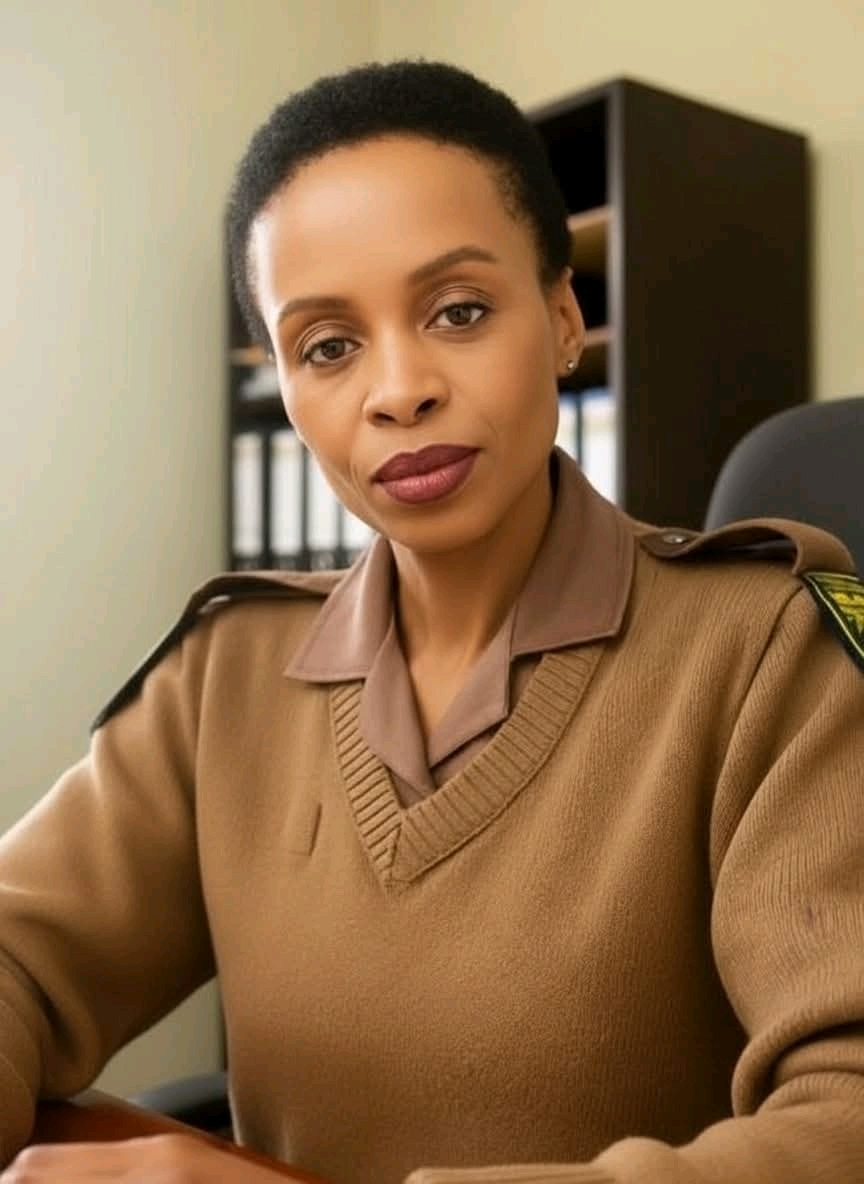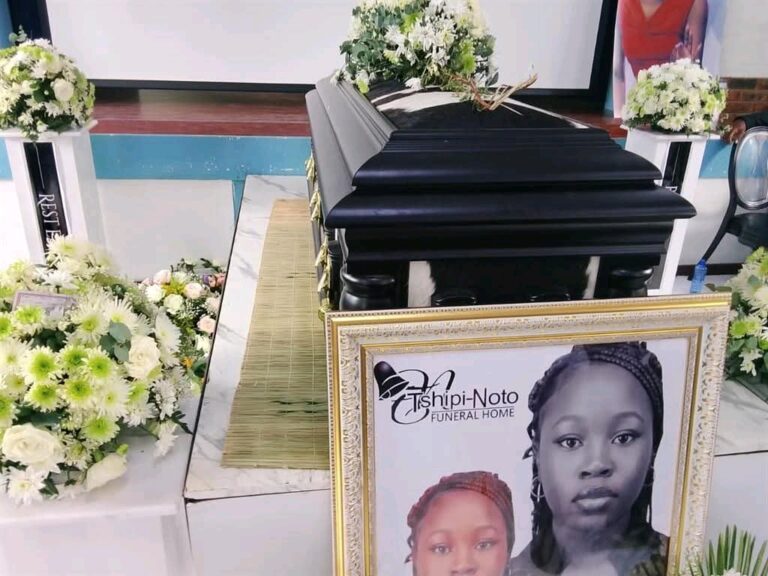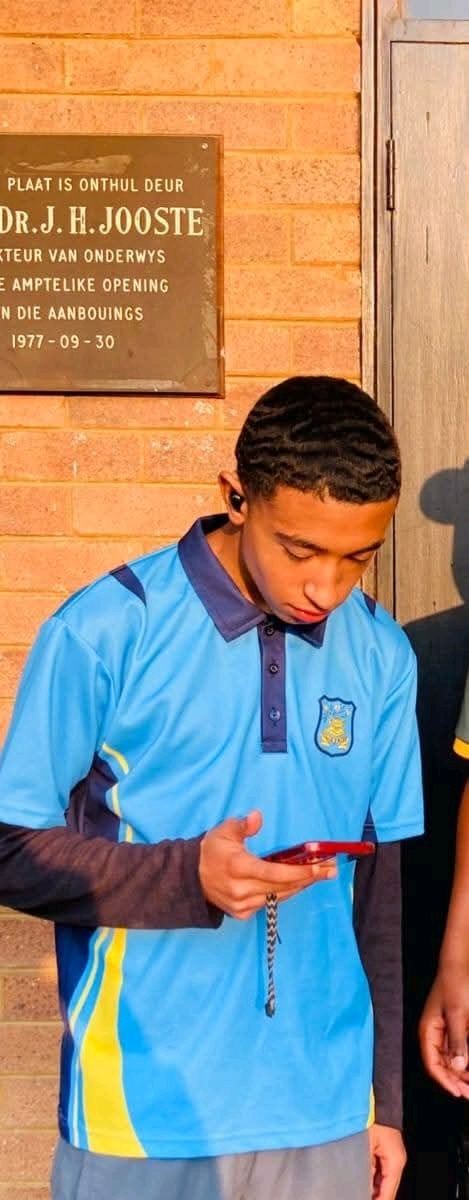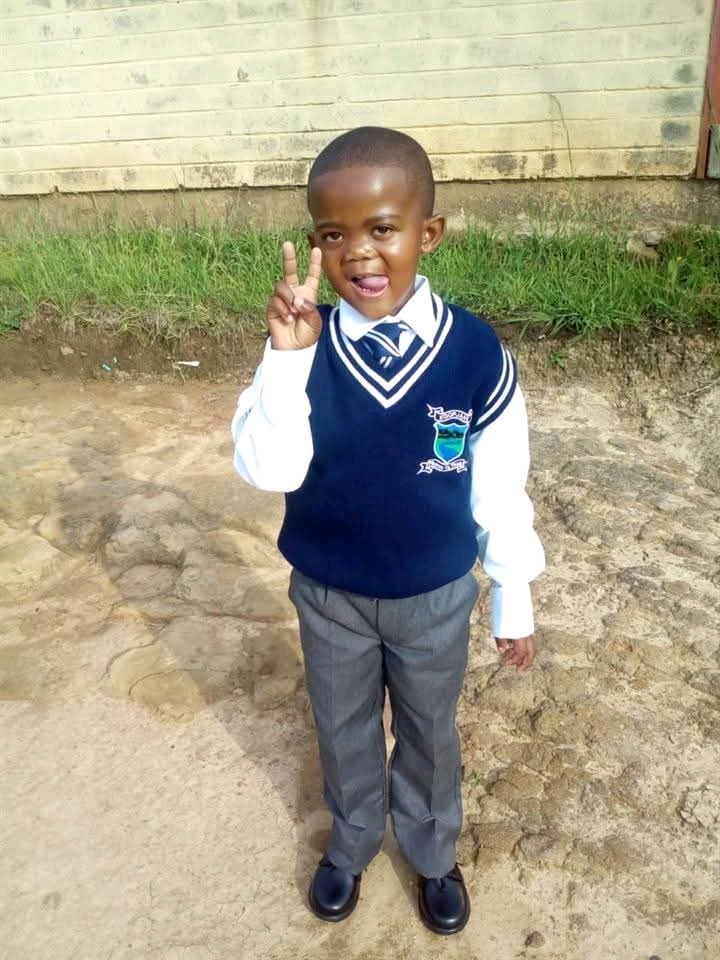
The nation is once again shaken by a heartbreaking tragedy — one that exposes the deep cracks in South Africa’s correctional system and the painful vulnerability of women working within it. Eunice Moloko, a 50-year-old correctional services officer at Leeuwkop Prison, went to work like she did every other day. But on that fateful shift, she never returned home.
Eunice was brutally attacked and murdered by an inmate — a person she was duty-bound to supervise, support and correct. Instead, her life was stolen from her in the very place she was meant to be safe. Her body was hidden in her own office, lying undiscovered for a staggering 13 hours. Thirteen hours of silence. Thirteen hours in which her colleagues, her family and the systems built to protect her failed her in the most devastating way.

Her death raises haunting questions:
How could a correctional officer be attacked without immediate detection?
How does a body remain hidden in a secure facility for more than half a day?
Where were the safeguards, the oversight and the accountability?
Even more painful is how quietly her story passed through the news cycle. A few mentions here and there, then silence. No national outrage. No major headlines. No widespread call for accountability. Too often in South Africa, justice whispers when black women are victims. Their stories fade before they are even told. Their names vanish before they are remembered.
But Eunice Moloko’s life mattered.
She was more than a uniform, more than a job title, more than a statistic in a failing system. Behind the badge was a woman dedicated to serving her country. A mother. A colleague. A protector. A human being who deserved dignity, safety and respect. Instead, she met a fate no one deserves — alone, violated and silenced.
Her death should force urgent reflection on the conditions correctional officers face daily. Understaffed units, insufficient security measures, outdated infrastructure and chronic negligence are threats not only to inmates but to the very people entrusted with their care. Eunice’s tragedy is not isolated — it is a symptom of deeper institutional failures.
Her story must not fade.
South Africa owes her more than a footnote or a forgotten headline. It owes her justice. It owes her family answers. It owes every woman working in dangerous environments the assurance that what happened to Eunice will never happen again.
Let us say her name.
Let us keep her memory alive.
Let us demand justice — loudly, persistently, relentlessly.
🕯️ **Rest in peace, Eunice Moloko.**
Your life mattered. Your story matters. And we will not let silence bury your truth.




